
Réfugiés Algériens
1958
0h 15m
Directed by Pierre Clément and Djamel-Eddine Chanderli, produced by the FLN Information Service in 1958, this film is a rare document. Pierre Clément is considered one of the founders of Algerian cinema. In this film he shows images of Algerian refugee camps in Tunisia and their living conditions. A restored DVD version released in 2016, from the 35 mm original donated by Pierre Clément to the Contemporary International Documentation Library (BDIC).
If current server doesn't work please try other servers beside.
Similar Movies
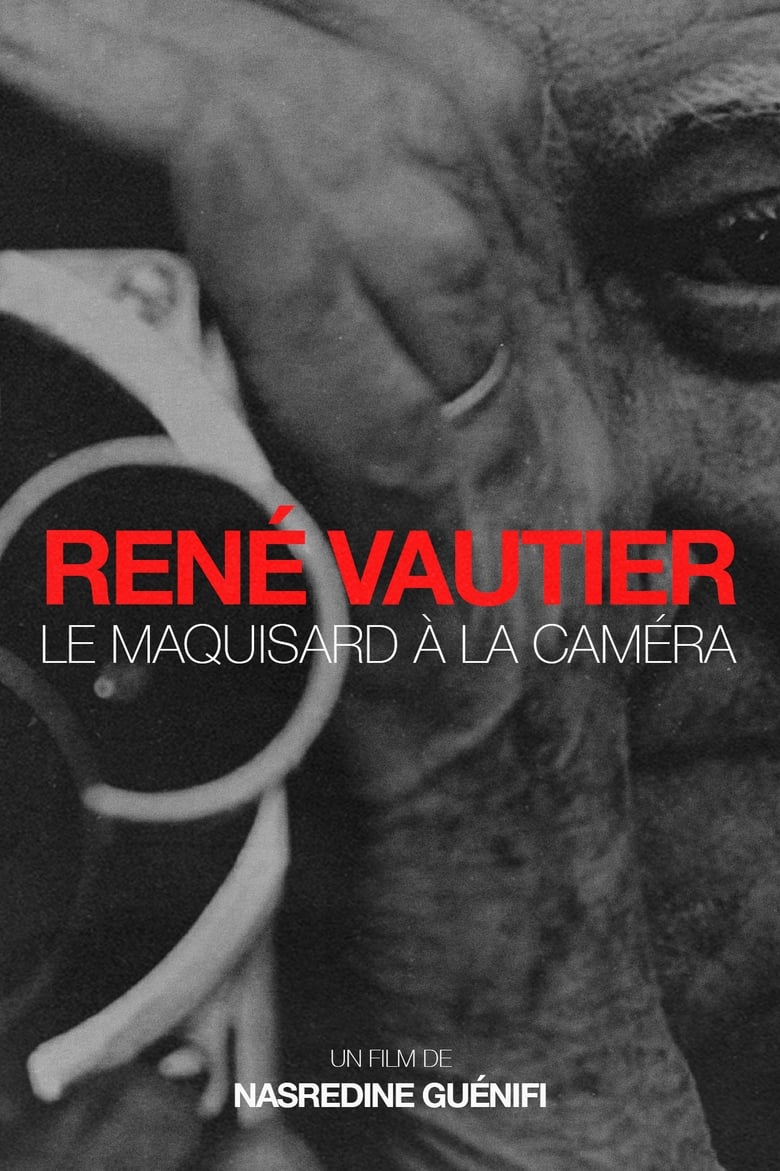
René Vautier, le maquisard à la caméra
Rating:
10.0/10
Votes:
1
Year:
2000
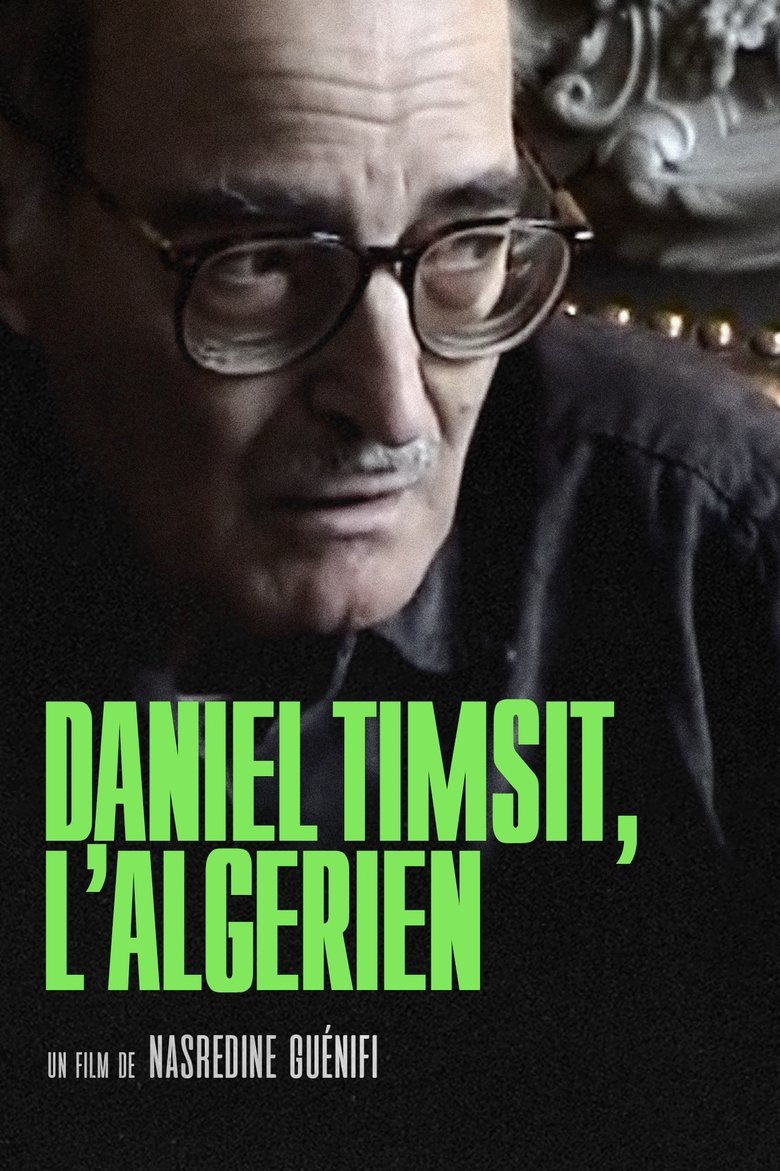
Daniel Timsit, l’Algérien
Rating:
10.0/10
Votes:
1
Year:
2009

Li Fet Met (Le passé est mort)
The SAS (Section Administrative Spécialisée) were created in 1956 by the French army during the Algerian war to pacify "the natives". During the day, the SAS were used as treatment centres and at night as torture centres, in order to crush the Algerian resistance. The SAS were inhabited by French soldiers and auxiliaries (harkis, goumiers) and their families. At independence in 1962, a few families of auxiliaries stayed on; the vacant buildings were occupied by families of martyrs awaiting the better days promised by the new Algeria. 46 years later, the SAS at Laperrine, in the Bouira region, still exists, a unique place inhabited by people who have taken refuge there. They have been joined by farmers fleeing the terrorism of the 90s. They all live as best they can in a place they did not choose, suffering the consequences of war.
Rating:
10.0/10
Votes:
1
Year:
2007
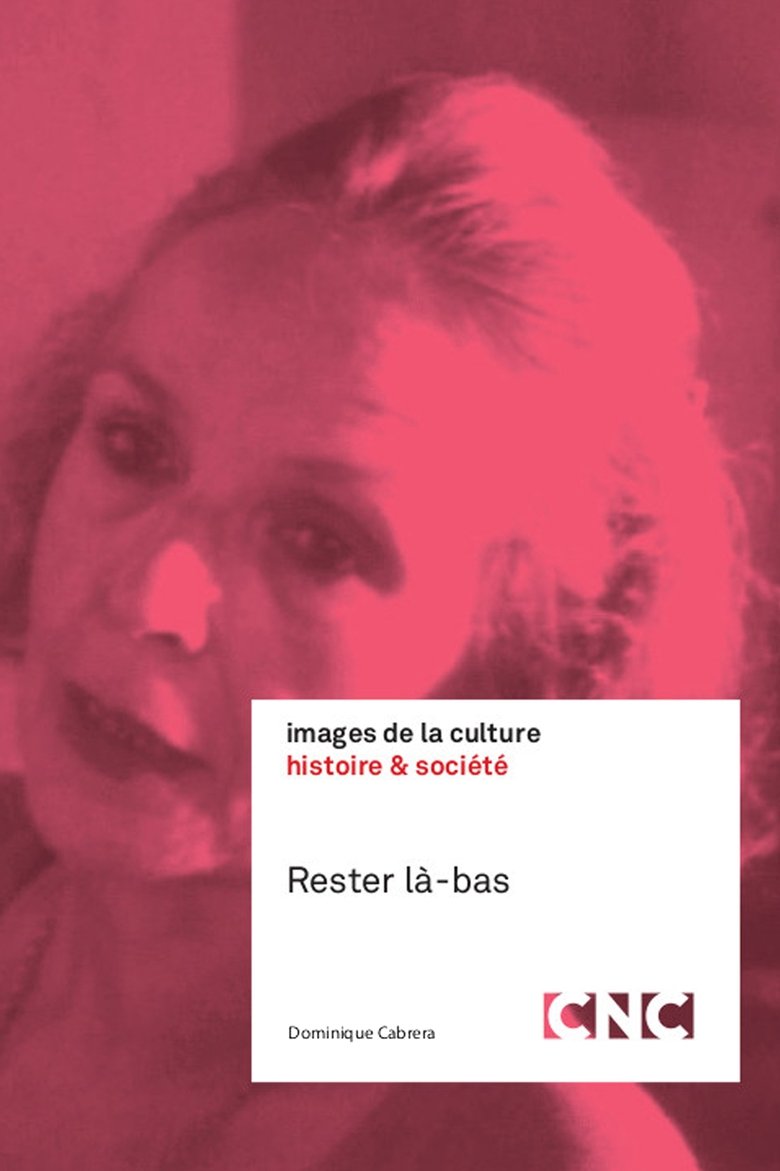
Rester là-bas
Algiers. From the port to the souks, passing through the Jardin d'Essai, Dominique Cabrera transports us to the land where she was born, on the other side of the Mediterranean "where the sea is saltier". If most of the pieds-noirs left Algeria in the summer of 1962, some -a minority- remained. By going to meet them, the director makes her own inner journey.
Rating:
10.0/10
Votes:
1
Year:
1992
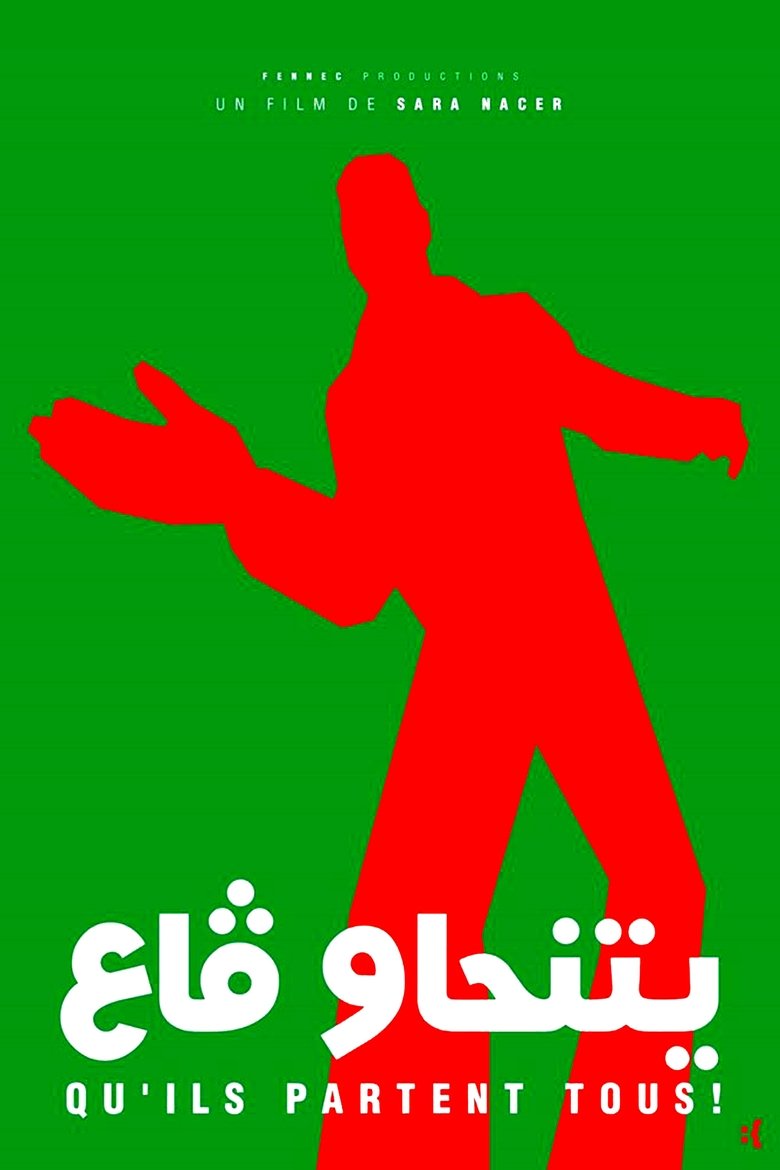
Qu'Ils Partent Tous !
February 22, 2019 marks the start of a historic movement in Algeria, initially against the candidacy of President Bouteflika for a fifth term, then for the departure of all former dignitaries of the regime and the establishment of a Second Republic. Algerian-Canadian filmmaker Sara Nacer returns to Algeria to capture this “Hirak” (movement in Arabic) through her camera. Through her journey, she invites us to discover the young generation who are leading the "Smile Revolution" and building Algeria 2.0, with a strong political, cultural and social awareness.
Rating:
0.0/10
Votes:
0
Year:
2019
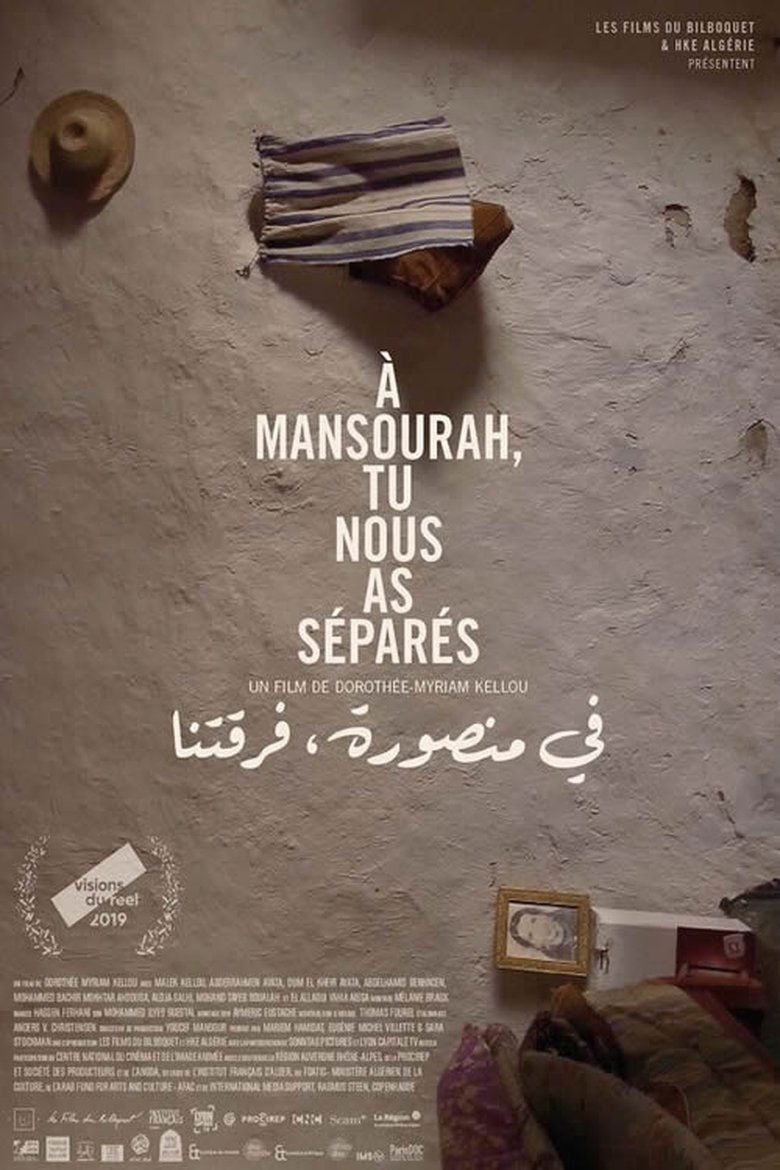
À Mansourah, tu nous as séparés
Originally there was a silence. That of Malek, the filmmaker’s father, who for years said nothing of his childhood in Algeria. And then, the need to break the silence, with a script that he gives to his children, to start telling his story. Several years later, the father and daughter finally make the journey to Mansourah, his native village: seeing his house, meeting other men who experienced the same heartbreak. Little by little, the film reveals what Malek, like many others, has long kept quiet about.
Rating:
10.0/10
Votes:
1
Year:
2019

La Zerda ou les chants de l'oubli
“La Zerda and the songs of oblivion” (1982) is one of only two films made by the Algerian novelist Assia Djebar, with “La Nouba des femmes du mont Chenoua” (1977). Powerful poetic essay based on archives, in which Assia Djebar – in collaboration with the poet Malek Alloula and the composer Ahmed Essyad – deconstructs the French colonial propaganda of the Pathé-Gaumont newsreels from 1912 to 1942, to reveal the signs of revolt among the subjugated North African population. Through the reassembly of these propaganda images, Djebar recovers the history of the Zerda ceremonies, suggesting that the power and mysticism of this tradition were obliterated and erased by the predatory voyeurism of the colonial gaze. This very gaze is thus subverted and a hidden tradition of resistance and struggle is revealed, against any exoticizing and orientalist temptation.
Rating:
7.6/10
Votes:
4
Year:
1983

Algérie Tours Détours
A documentary road movie with René Vautier In the aftermath of Algeria's independence, René Vautier, a militant filmmaker, considered "the dad" of Algerian cinema, set up the cine-pops. We recreate with him the device of itinerant projections and we travel the country in ciné-bus (Algiers, Béjaïa, Tizi Ouzou, Tébessa) to hear the voices of the spectators on the political situation, youth and living conditions of men and Of women today.
Rating:
10.0/10
Votes:
1
Year:
2007
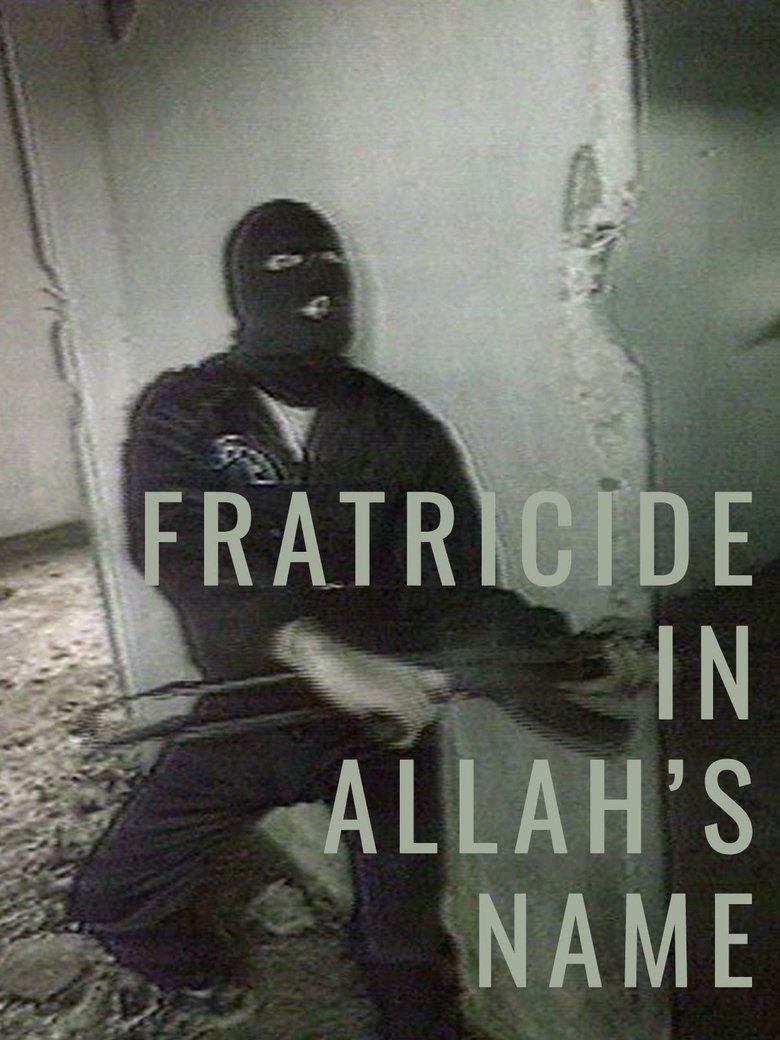
Fratricide in Allah's Name
This film looks back at Algeria's past, covering its fight for independence and its subsequent fight against itself, being one of the few films to capture civil war Algeria and its inhabitants on camera. The filmmakers talk to politicians from both sides, past revolutionaries, and most importantly civilians, whose lives were torn apart by the conflict.
Rating:
0.0/10
Votes:
0
Year:
1997
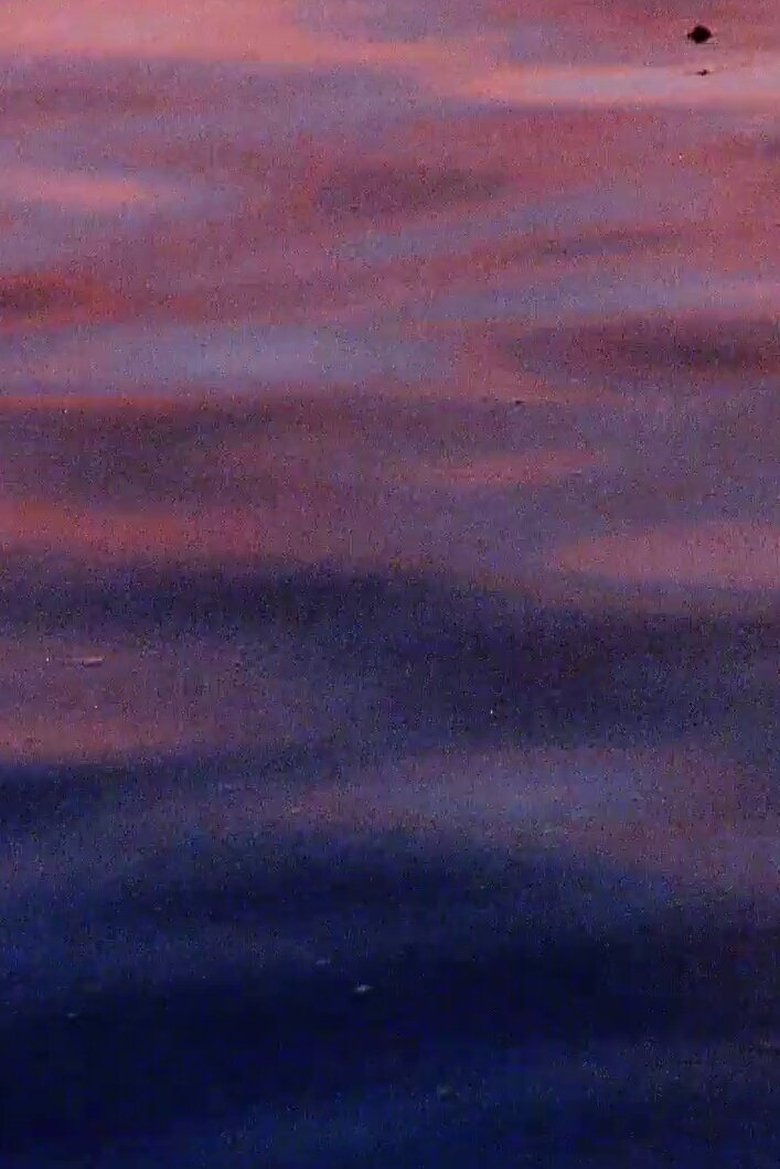
Color-Blind
A synaesthetic portrait made between French Polynesia and Brittany, Color-blind follows the restless ghost of Gauguin in excavating the colonial legacy of a post-postcolonial present.
Rating:
4.0/10
Votes:
1
Year:
2019
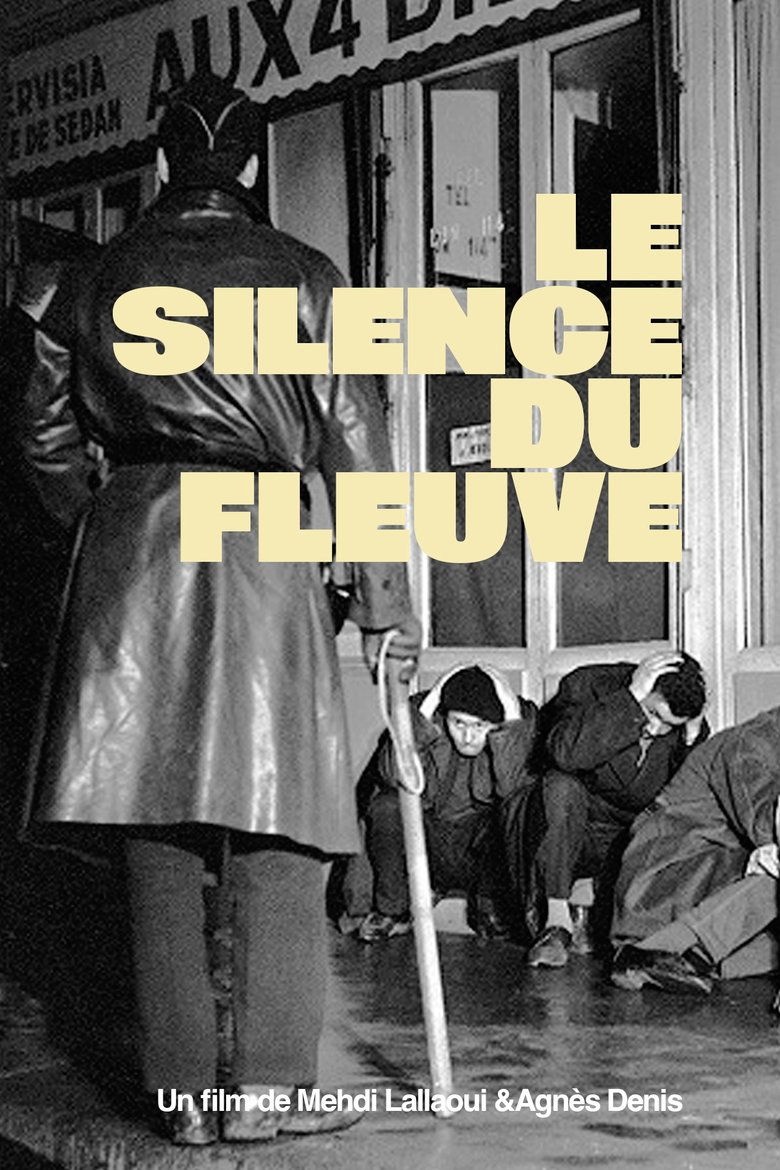
Le Silence Du Fleuve
“Forgetting is complicit in recidivism,” says the commentary of this film dedicated to the demonstration of October 17, 1961 in Paris and the savage repression that followed. 11,538 Algerians will be arrested, which is reminiscent of the great Vel d’hiv roundup of July 16 and 17, 1942 where 12,884 Jews were arrested. The film brings together eyewitnesses including a priest, a peacekeeper, a couple of workers sympathetic to the Algerian cause, a lawyer, Paris municipal councilors including Claude Bourdet (then one of the leaders of the PSU and journalist to France Observateur), Gérard Monatte, the future police union leader, and the editor and writer François Maspero.
Rating:
10.0/10
Votes:
1
Year:
1991

The First 54 Years: An Abbreviated Manual for Military Occupation
An exhaustive explanation of how the military occupation of an invaded territory occurs and its consequences, using as a paradigmatic example the recent history of Israel and the Palestinian territories, the West Bank and the Gaza Strip, from 1967, when the Six-Day War took place, to the present day; an account by filmmaker Avi Mograbi enriched by the testimonies of Israeli army veterans.
Rating:
6.9/10
Votes:
8
Year:
2021

Russia's Cyber Army
For years now, the Kremlin has been systematically trying to use well-trained hackers for its own benefit. In exchange for freedom and protection, they do the dirty work of the state, interfering in other countries’ elections and penetrating government networks. Just how dangerous is Russia’s cyber army?
Rating:
0.0/10
Votes:
0
Year:
2022

Algérie, Mémoires du Raï
In the 1980s, Algeria experienced a tumultuous social context which reached its peak during the riots of October 88. This wave of protest, with youth as its figurehead, echoed the texts of raï singers. Thirst for freedom, misery of life and the aspirations of youth are among the main themes of their works which will inspire an entire generation. More than music, raï celebrates the Arabic language and becomes a vector of Algerian culture, thus providing the cultural weapons of emerging Algerian nationalism With Cheb Khaled, Cheb Mami and Chaba Fadela as leaders of the movement, raï is also a way of telling and reflecting the essence of Algeria in these difficult times. While the threat weighs on artists in Algeria, their exile allows raï to be exported internationally and thus, to bring the colors of Algeria to life throughout the world.
Rating:
10.0/10
Votes:
1
Year:
2001
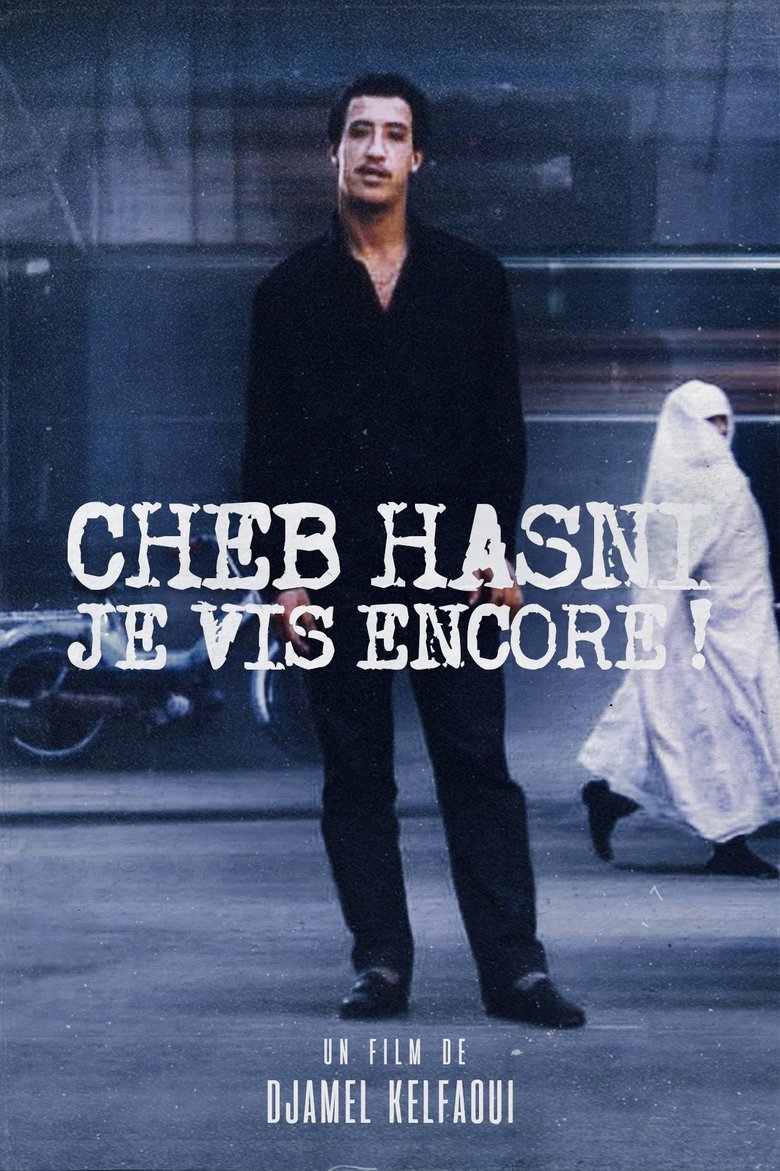
Cheb Hasni, Je vis encore !
Director Djamel Kelfaoui pays tribute to the great singer Cheb Hasni, king of sentimental raï, who became cult in Algeria and beyond its borders, and who was murdered in the street in September 1994 in Oran, at the age of 26. Unique and last interview filmed a few months before the assassination of the singer considered the king of “raï love” or “sentimental song”. Cheb Hasni had recorded more than 150 cassettes during his career. His memory remains very alive in the Maghreb and Arab world and its diaspora throughout the world. A transgenerational icon, he will be posthumously decorated with the National Merit medal at the rank of Achir.
Rating:
10.0/10
Votes:
1
Year:
2008

Algérie en flammes
These are the first images shot in the ALN maquis, camera in hand, at the end of 1956 and in 1957. These war images taken in the Aurès-Nementchas are intended to be the basis of a dialogue between French and Algerians for peace in Algeria, by demonstrating the existence of an armed organization close to the people. Three versions of Algeria in Flames are produced: French, German and Arabic. From the end of the editing, the film circulates without any cuts throughout the world, except in France where the first screening takes place in the occupied Sorbonne in 1968. Certain images of the film have circulated and are found in films, in particular Algerian films. Because of the excitement caused by this film, he was forced to go into hiding for 25 months. After the declaration of independence, he founded the first Algerian Audiovisual Center.
Rating:
8.5/10
Votes:
2
Year:
1958

Glimpses of Morocco and Algiers
This FitzPatrick Traveltalk short visits the cities of Casablanca, Rabat, and Marrakesh in Morocco, as well as the city of Algiers in Algeria.
Rating:
6.0/10
Votes:
1
Year:
1951
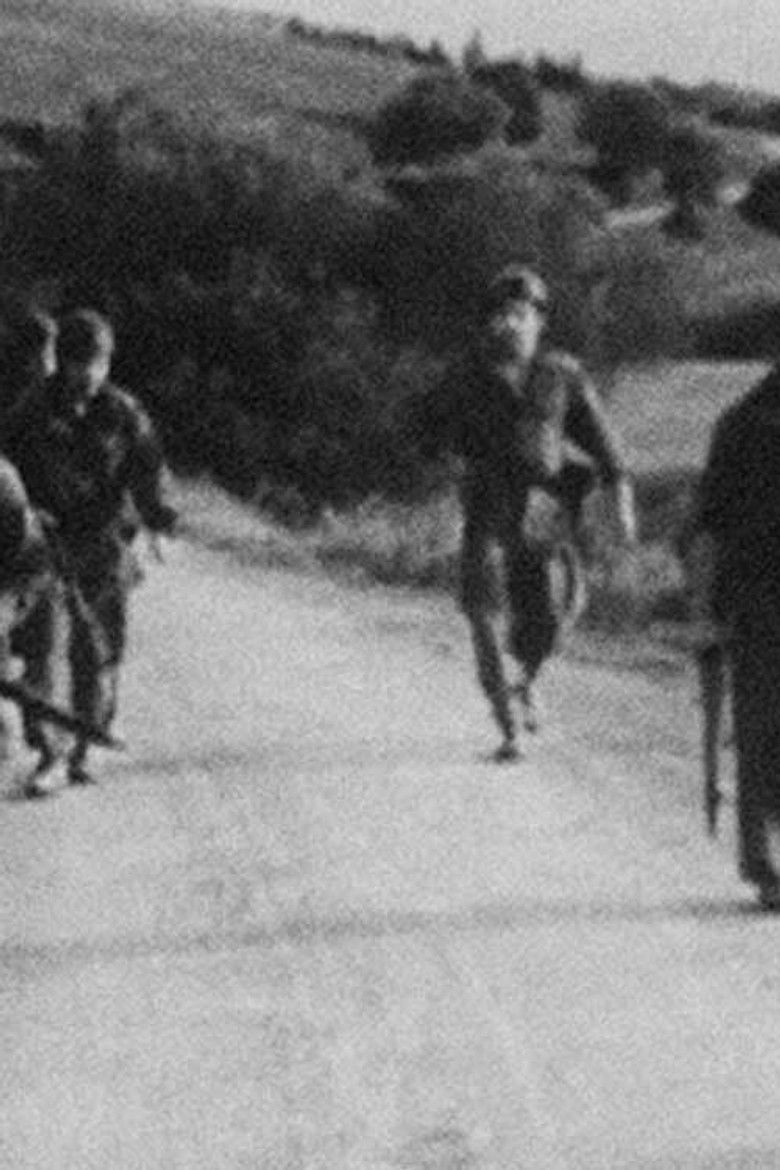
Algérie 1962: Chronique d'un conflit
Rating:
0.0/10
Votes:
0
Year:
1962
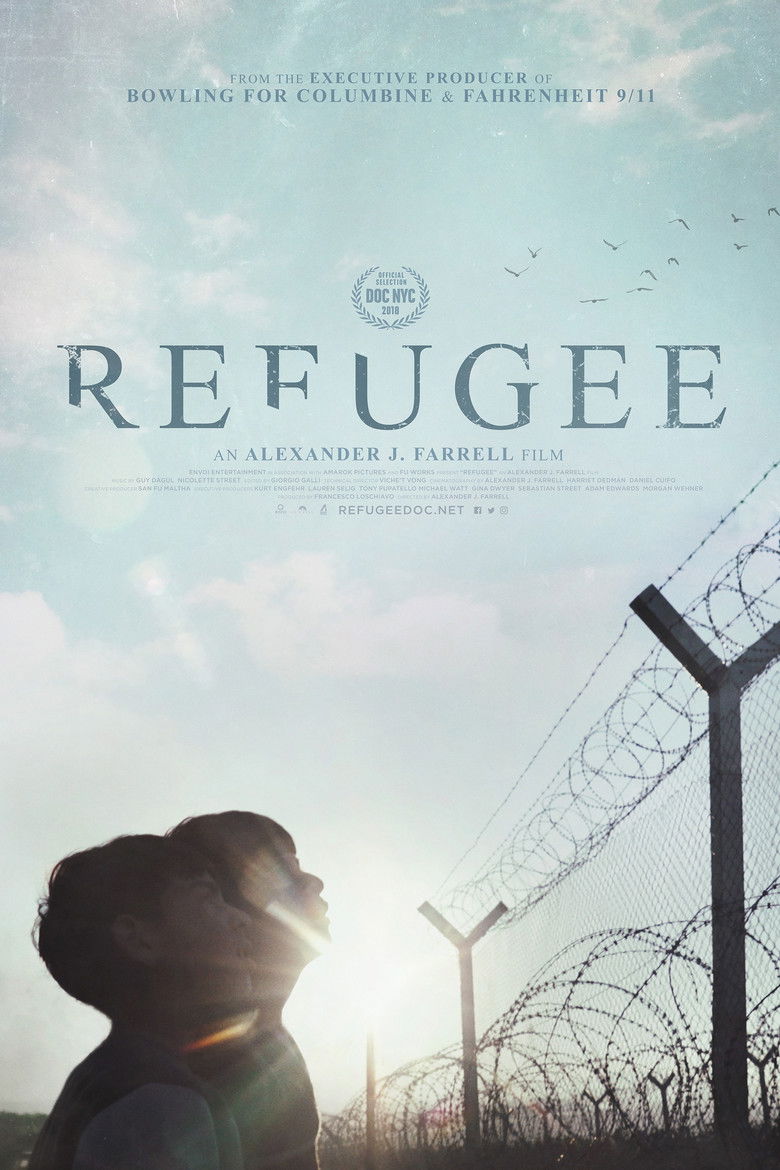
Refugee
A harrowing account of Europe's migrant crisis. A family of Syrian refugees separated by the borders of Europe, fight to be reunited as they migrant from Syria to Germany.
Rating:
8.3/10
Votes:
3
Year:
2018
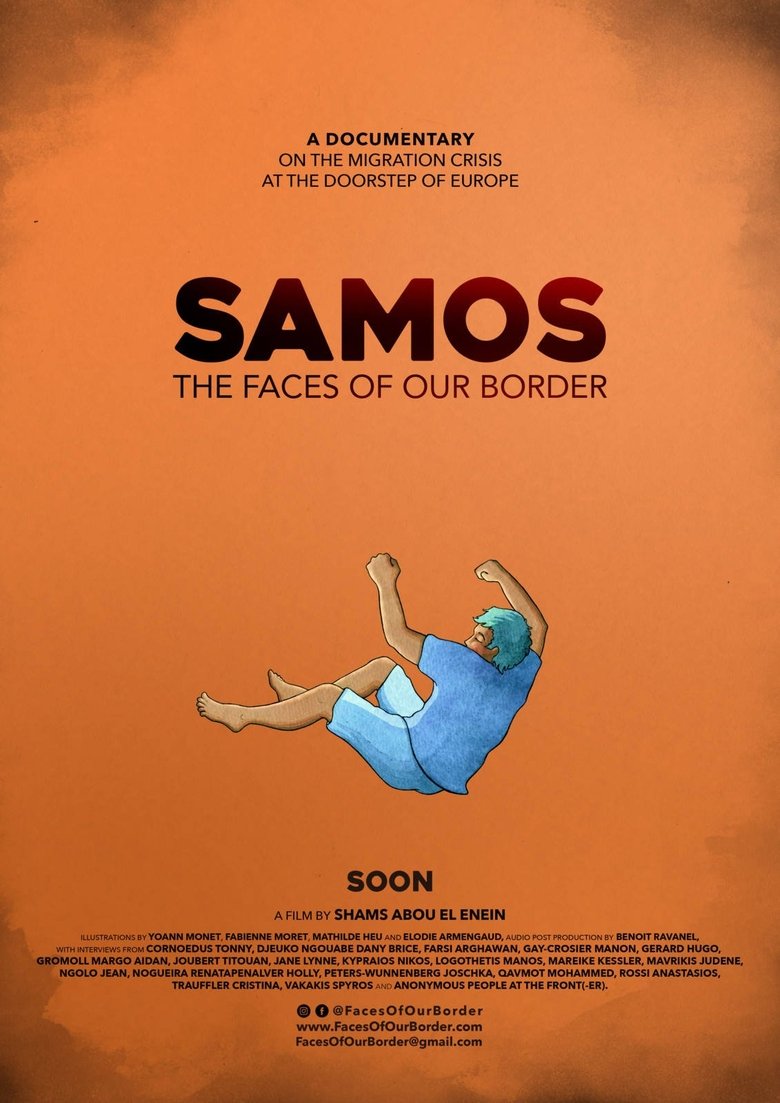
Samos - The Faces of our Border
Rating:
0.0/10
Votes:
0
Year:
2021
If current server doesn't work please try other servers beside.